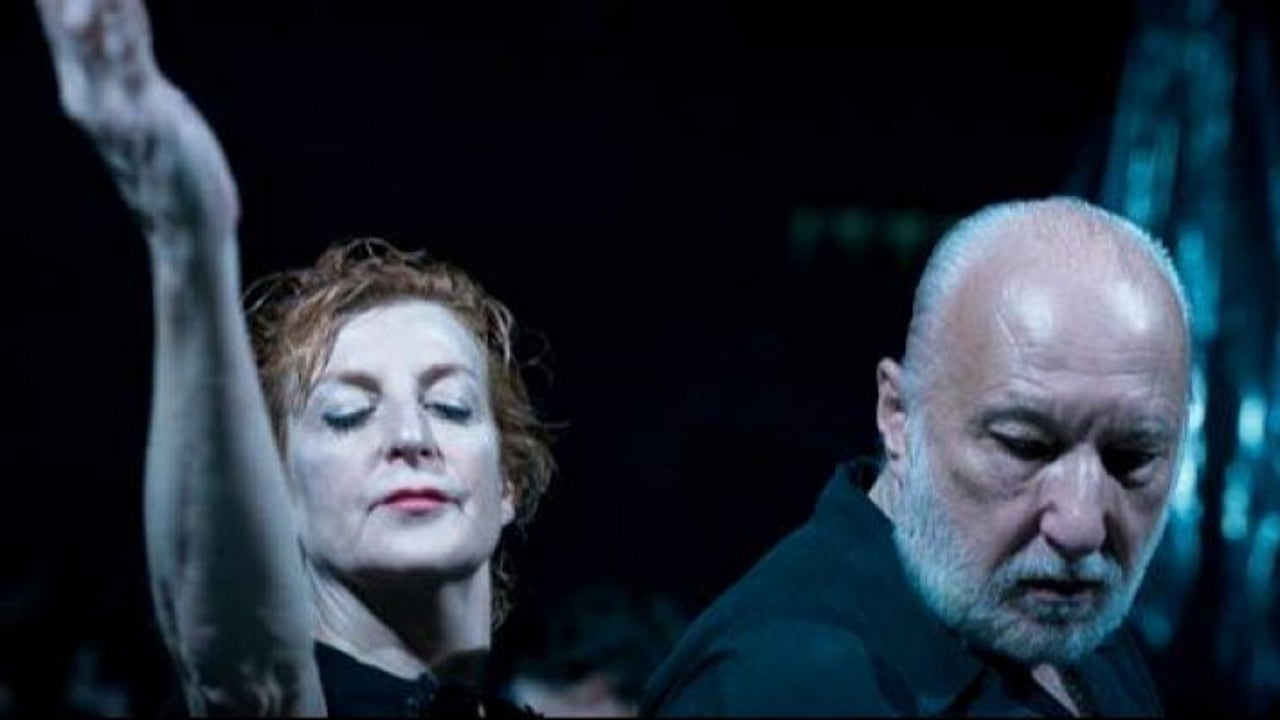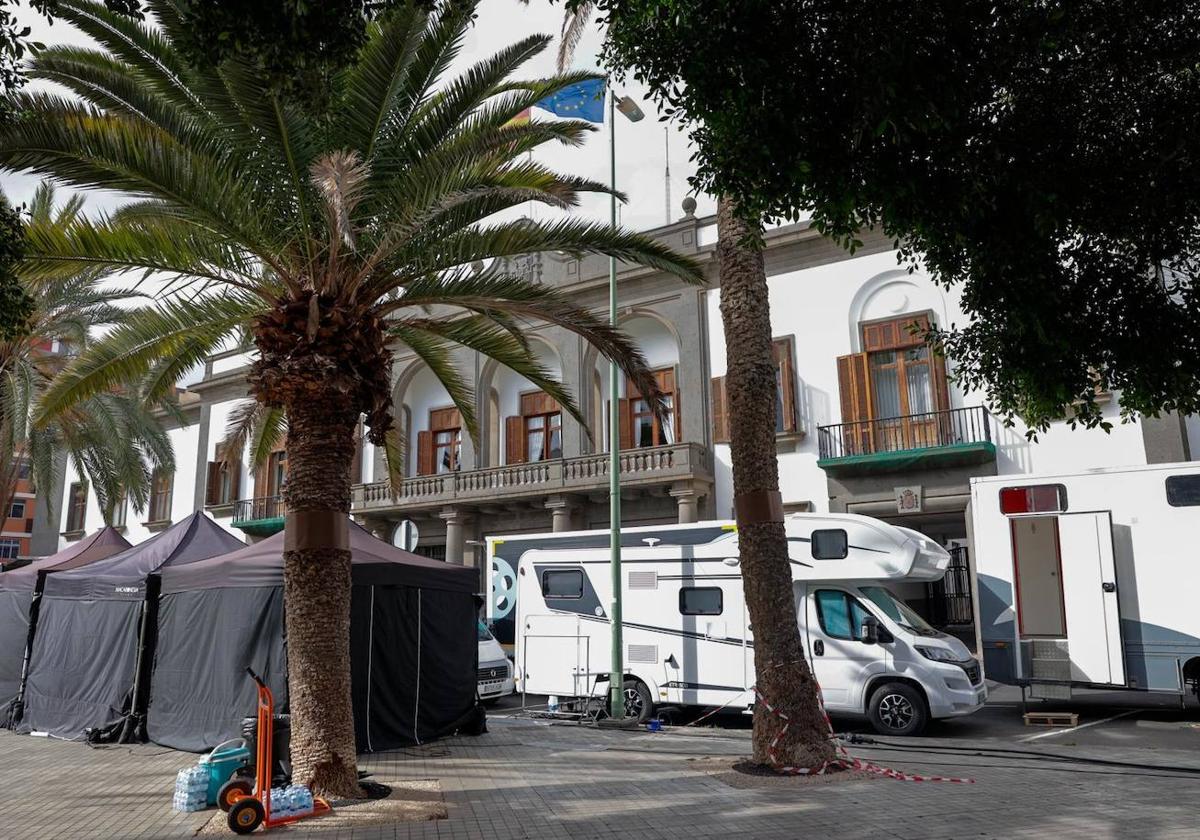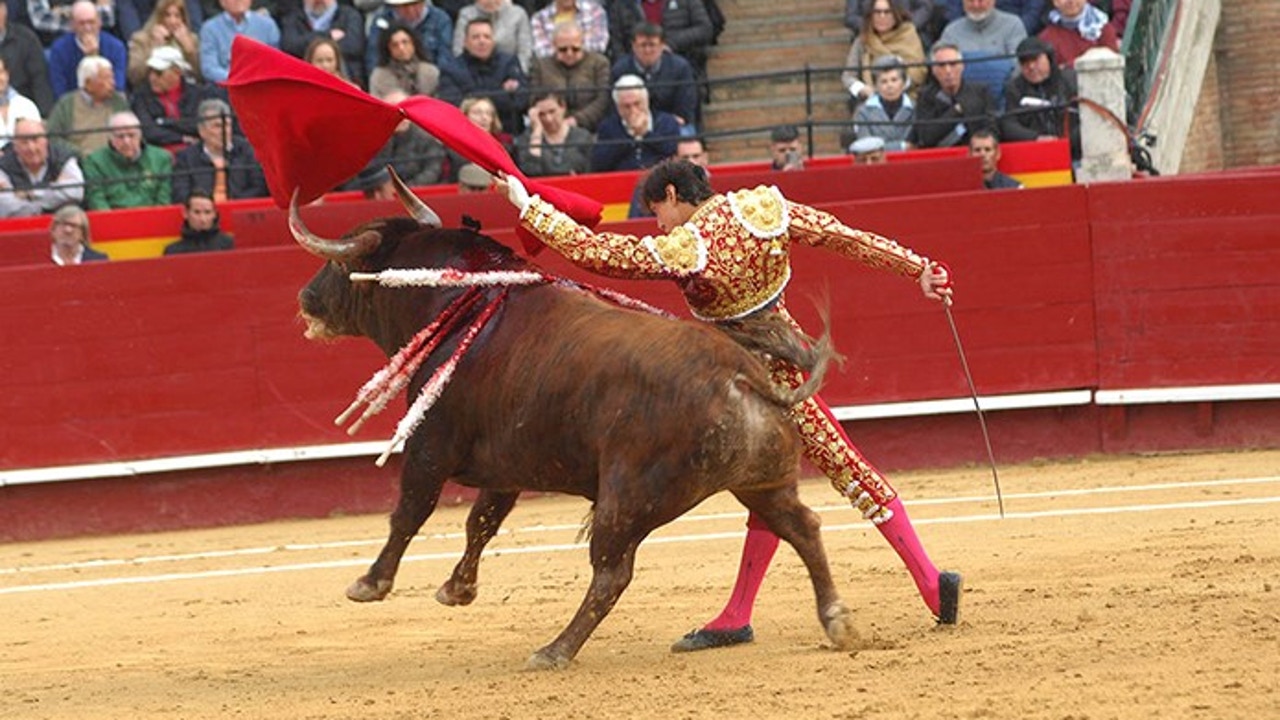Life in besieged Berlin
/arc-photo-larazon.s3.amazonaws.com/eu-central-1-prod/public/MACC2WCZGJD3JEMPCMVTWGFGOU.jpg)

On the morning of February 3, the city was the victim of attacks carried out by a thousand flying fortresses of the United States Army Air Corps, which caused the death of some three thousand Berliners. The German poet Horst Lange, in the February 10 entry in his war diary, wrote: “A walk through the devastated city center, from the Bülowstrasse underground station to the Scherlhaus and vice versa. Indescribable scenes of destruction. Barricades at the Potsdam Bridge and at Potsdamer Platz. Large craters on the streets. Smashed and burned trams. Now the city is dying, beyond salvation. The janitor's words at the Scherlhaus completely demolished a crying woman: “Hey, be glad you ended up in a mass grave. At least he's not alone there. "
The characteristic black humor of the inhabitants of Berlin was beginning to transform into gloomy humor as a result of the air attacks. Beevor claimed that the most told joke in town at Christmas 1945 was "be practical give a coffin away." However, this attitude really reflected the despair that engulfed Berlin's roughly three million inhabitants, and would take two forms. Some citizens, affected by fatalism and giving up everything, decided to kill themselves. Lange wrote in the entry in his war diary on February 4: "suicide epidemic." Before the proliferation of immolations, the authorities sealed the public toilets due to the high number of depressed people who took their lives inside. On the contrary, other Berliners chose to release their feelings, abandoning bourgeois morality and even fear of Nazism. Thus, a "sexual revolution" began, affecting adolescents and even girls, who had sexual relations with strangers at the Zoo station and in the Tiergarten, convinced that they would soon be raped by Soviet Army soldiers. Likewise, more and more people were connecting with the BBC to know the course of events, those who were telling political jokes, and fewer were using the Nazi salute "Heil Hitler", replaced by "Bleib übrig" which meant "Survive! ! ».
However, although the Berliners showed a polyhedral attitude towards the drama they were suffering, the vast majority made the determination to survive and resist the enemy. This dynamic was present in the agglomerations that took place in the air raid shelters, in the anxious and even hysterical attitude that many showed to hoard provisions, and in the intense activity of the city, contradictory to despair, nihilism or the destruction of infrastructures that had caused the bombings, and that affected the roads, the subway, the tram, the electricity supply and especially the water supply.
The Goebbels campaign
Thus, and despite the fact that public transport did not work, they continued to make efforts to get to their workplaces, and even tried to sleep near them, despite the fact that most of them were almost completely inactive due to the lack of means and raw Materials. And, above all, they operated the most important industry at that time at full capacity: arms. Dr. Joseph Goebbels' campaign - "We are going to win because we have to win" - and secular fear of East Slavs further implemented the determination of Berliners. The Red Army attempted to combat it by launching leaflets from the air, where German soldiers were assured that "there is no point in continuing to fight," or by using freed German prisoners of war to advise their compatriots of surrender. But, it was not successful. Adolf Hitler had lived in the bunker since January 16, 1945, and under his direction, the city's inhabitants set out to unleash armageddon, as Antonio Ansuátegui, a Spanish student who witnessed the agony of Berlin, wrote: “The Germans with their heroic defense of the capital were preparing to create the myth that would inflame future generations. The children would have to understand that their parents lost the war due to the enormous superiority of the enemy (...). Along with the Germans, numerous foreign volunteers who had enlisted in the Hitler corps were also preparing to fight. The continental unit that Germany had advocated had a representation in the last act of the tragedy.
- «Berlin 1945 (I). The Soviet offensive » (Desperta Ferro Ediciones). 68 pages, 7 euros
At the end of April 1945, Germany was defeated and Berlin, its capital, was undergoing the fiercest urban battle ever seen in human history. Field Marshal Zhoukov's soldiers moved house by house, block by block, from the suburbs to the center. Coming from the south, another entire army, the Third Guard Tanks, under the supreme command of Marshal Koniev, assaulted the desperate capital whose inhabitants, locked up, could follow the arrival of the enemy by the noise of the explosions. When the plotters crossed in front of his window and the shells exploded on his street, then he was done, the Russians had arrived. Meanwhile, day to day was imposed. Abandon shelters and cellars, which had been able to be crowded into them, to go out in search of something to eat, or water. Hide a son, husband or friend, deserter of the Volkssturm before the obvious defeat, with the certainty that, if they surprised him, the very regime they had supported for so many years would execute him. Wait, as the Goebbels propaganda had explained to them, the arrival of the invaders from the east, the looting, the murders, the rapes. Many would perish, others would attempt to flee east on Spandau, and most would endure the difficult weeks after defeat. Through suffering, the latter would become the Berliners of the future.











